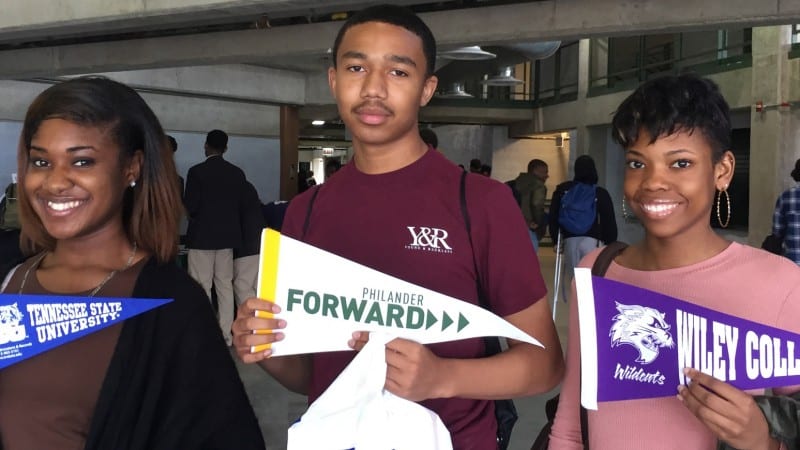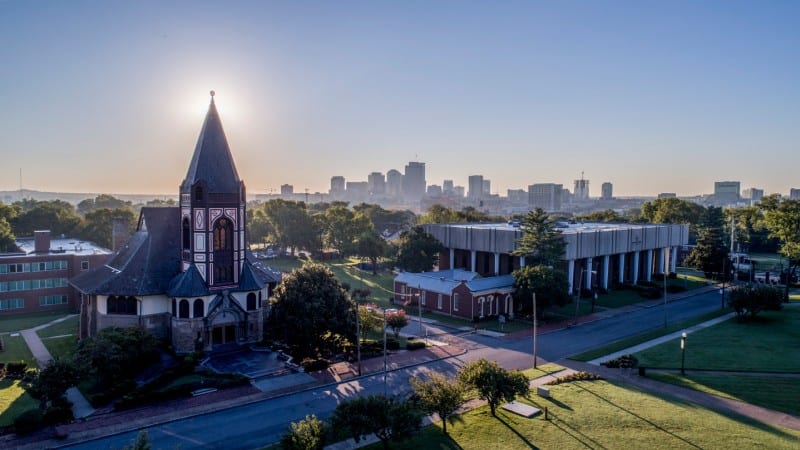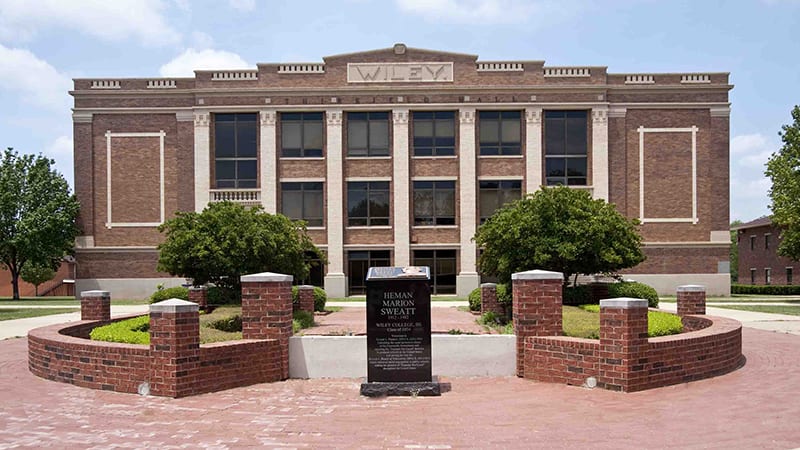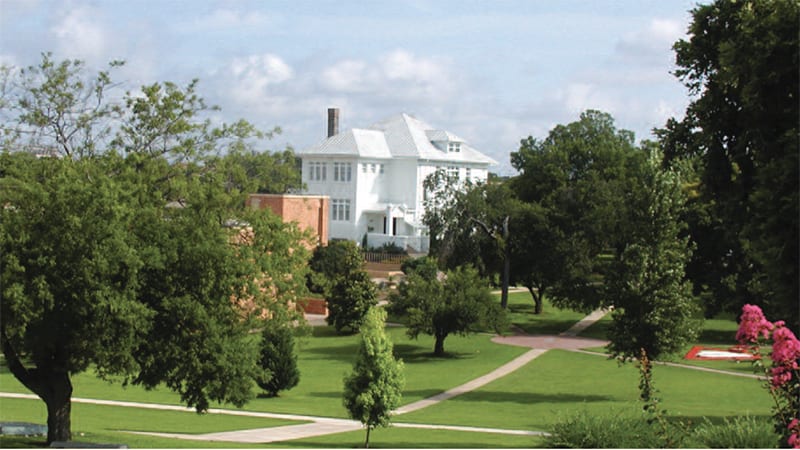Why Choose an HBCU?

Historically Black colleges and universities (HBCUs) are nationally accredited colleges and universities founded before 1964 with the intention to provide quality higher education to the African American community in the United States. While these institutions have a focus on the education of Black Americans they are legally open to people of any race, religion or gender. Cheyney University of Pennsylvania, started pre-civil war in 1837, was the first HBCU established to educate people of African descent and prepare them primarily to become teachers. Today there are more than 100 colleges and universities in the United States that are identified by the U.S. Department of Education as HBCUs.

Fisk University
There are many excellent reasons to choose an HBCU for your college education:
- They are especially equipped to support their students in all of the necessary ways—financially, culturally, in career prep, and more—enabling them to outperform non-HBCU institutions in retaining and graduating first-generation, low-income Black students. Check out UNCF’s report, HBCUs Punching Above Their Weight.
- Most HBCUs boast fewer undergraduates and smaller class sizes while still keeping tuition low.
- Many HBCUs have made their mark in terms of prestige, providing their students with rigorous academics and life-changing opportunities for decades, if not centuries. When it comes time to seek a career, an HBCU will likely have established relationships that will help them connect you with fantastic opportunities. This is one of the reasons HBCU students have an increased likelihood of moving from a low-income bracket to a mid- to upper-income bracket. You’ll be proud to put your HBCU on your resume.
- Support is another reason to choose an HBCU. It’s an environment that fosters a sense of community and it shows. A 2015 Gallup-Purdue poll reported that Black graduates of HBCUs are more likely to have felt supported while in college and to be thriving afterward than their black peers who graduated from PWIs. This is especially true when it comes to cost: 40% of HBCU students report feeling financially secure during college, as opposed to 29% of Black students at other schools.

Wiley University
- When it comes to scholarships, there is a wealth of opportunities provided exclusively to students attending HBCUs.
- The African American culture at HBCUs engages students and helps them develop a strong sense of identity cultivated by a higher level of self-consciousness.
Start Exploring
As the nation’s largest private scholarship provider to minority group members, UNCF awards more than $100 million in scholarships to more than 10,000 students at more than 1,100 schools each year. Since its founding in 1944, UNCF has raised more than $5 billion to help more than half a million students earn college degrees.

Huston Tillotson University
Check out our member institutions to discover colleges and universities that we support directly and read about student experiences on our blog. Learn more about HBCUs and the large variety of study available and investigate scholarship opportunities. And to keep the updates coming, make sure to follow us on UNCF social media channels. This way, you can be the first to hear about our scholarships and member HBCUs. Reach out today, and get started on your path to a college degree!